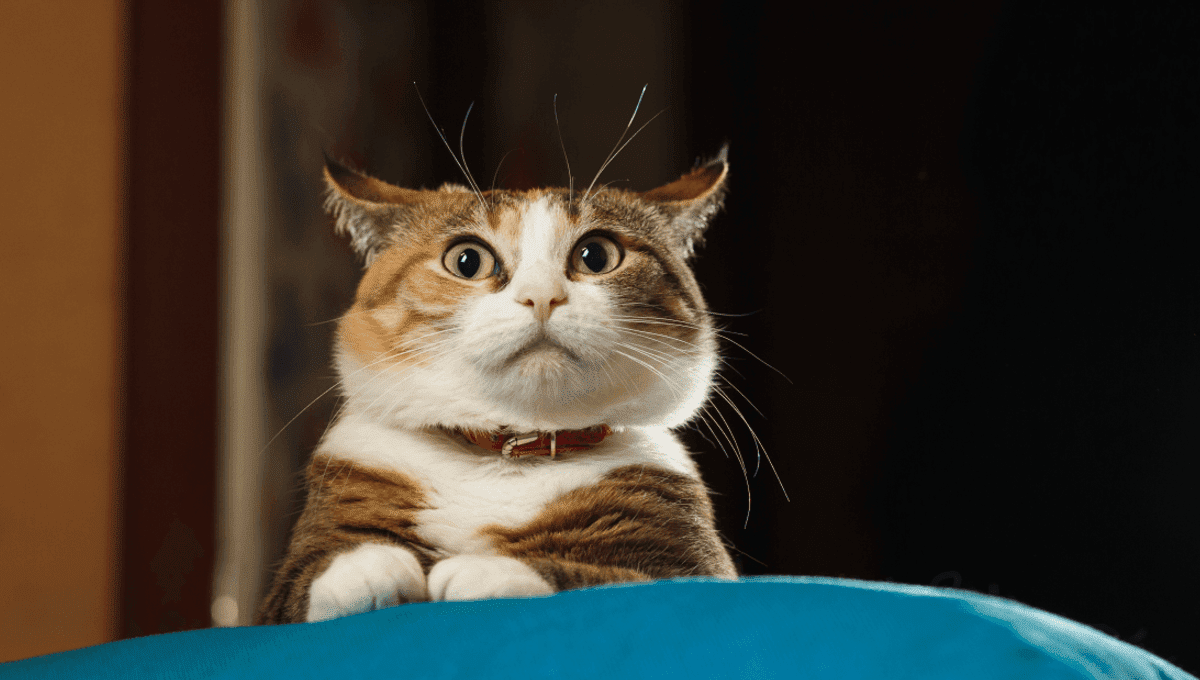
Farting is an odorous fact of life: humans do it, dogs definitely do it, lacewings do it with such aplomb they can take out six termites with a single toot. But do all animals release offensive gas in this way? It got us wondering… do cats fart?
The short answer is yes, cats do fart. Their diet and digestion, however, means that you’re far less likely to notice it compared to the sometimes destructive nature of canine flatulence. So, let’s take a look at why that is.
Cats should be fed a predominantly meaty diet that’s high in protein because they are obligate carnivores. This means trying to feed your cat on a diet of vegetables and carbohydrates can make them very sick.
This dietary requirement is part of the reason why some cats don’t seem to fart very much, or at all, as some of the biggest gas triggers for humans are foods they wouldn’t eat. Leafy vegetables like cabbage, broccoli, cauliflower, sprouts, and kale are all good for us, but serious toot triggers. This is because they are extremely high in fiber, making it difficult for our digestive systems to break them down.
While this kind of “roughage” benefits our digestion by aiding with healthy stools, it also feeds the bacteria that make up out gut microbiomes. They ferment carbohydrates like oligosaccharides in the gut, creating gas that can build up and escape as – you guessed it – a fart.
This build up is less likely to occur in cats who don’t have a taste for the common gas-producing culprits, but it’s still perfectly normal for them to experience some mild flatulence. Typically, it will be a small volume, and won’t smell as bad as other mammals’, but this can change if there’s a shift in health.
The famously foul farts of dogs are equally connected to the fact that they – like humans – are omnivores. The lengths dogs will go to for broccoli, carrots and – let’s face it – just about anything you have that they don’t, all contributes to a build up of gas in their guts that, without the self-awareness that motivates some humans to hold it in, can slip out at any moment.
Anything from allergies, to feline irritable bowel syndrome, and bacterial buildup can result in a gassier cat, so if you notice a change in your pet’s parps it could be worth reaching out to your vet. If gas is accompanied by more severe symptoms like diarrhea and bleeding, you should get your cat seen to ASAP.
So in answer to the question: do cats fart? These felines – like all of us – are entitled to the occasional squeak, but if it becomes frequent and problematic, there may be something else at play.
Source Link: Do Cats Fart?